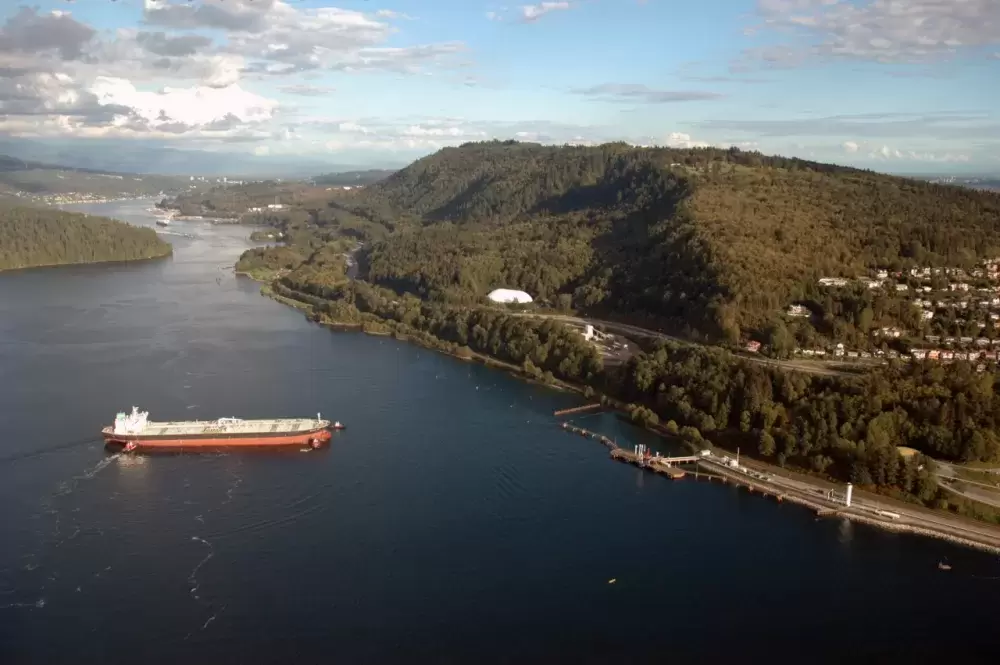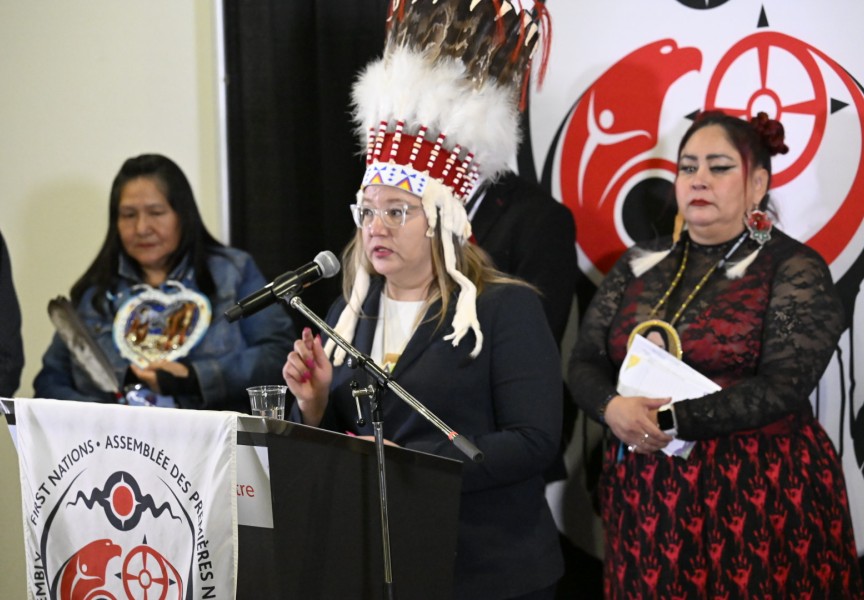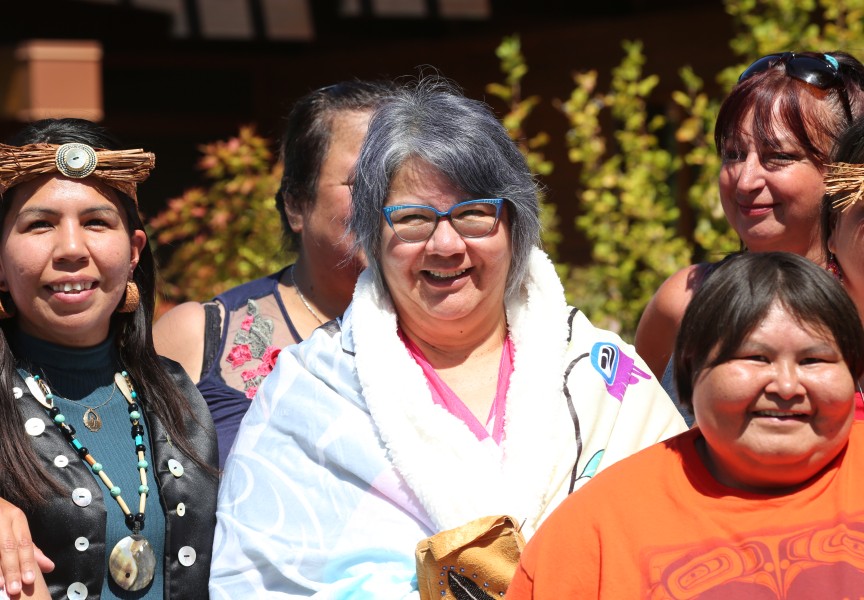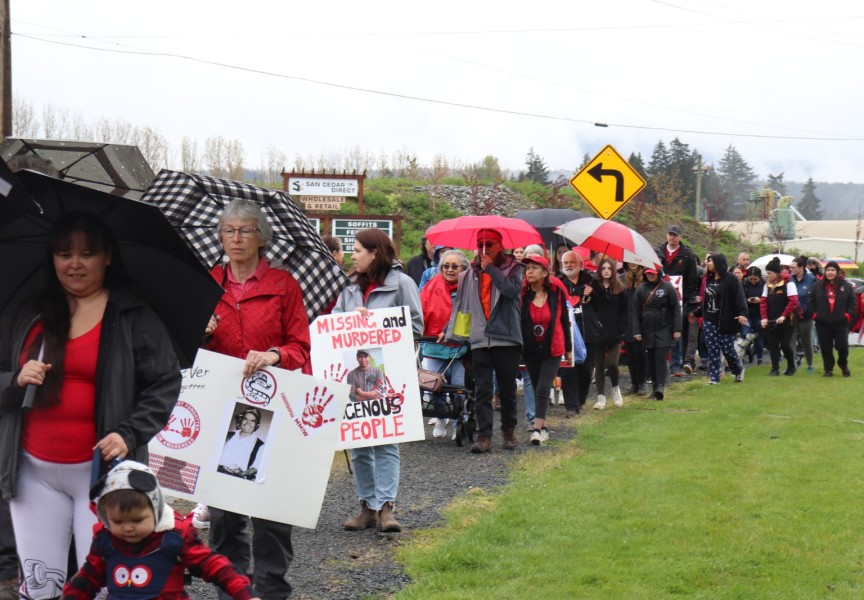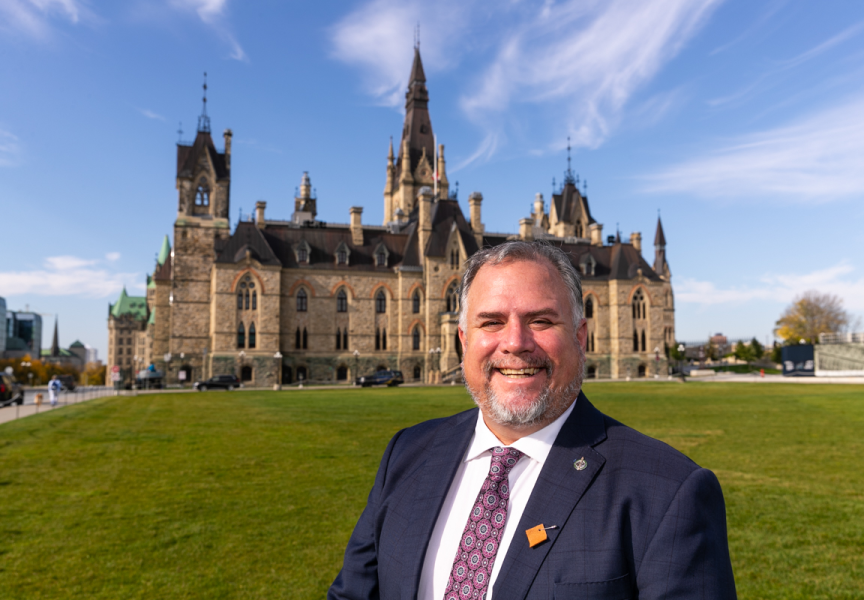The need for building “nation-to-nation” relationships with First Nations has become popular terminology in Ottawa, but the current plight of the Trans Mountain pipeline expansion shows the Liberals might have a great deal more to learn about dealing with Canada’s Indigenous communities.
With crews at work on the early construction stages of project, on Thursday, Aug. 27 the Federal Court of Appeal delivered a staggering blow to the 1,150-kilometre pipeline twinning. In her ruling Justice Eleanor Dawson found that the National Energy Board’s assessment of the project was flawed in not adequately assessing how increased tanker traffic will affect the West Coast. The national regulator also failed to properly consult with communities that would be directly affected by the pipeline expansion, including the cities of Burnaby, Vancouver and numerous First Nations.
Dawson determined that the federal government had an obligation to be more responsive when issues were raised about the National Energy Board’s approval of the pipeline expansion.
“Canada displayed a closed-mindedness when concerns were expressed about the board’s report and was reluctant to depart from the findings and recommendations of the Board,” she wrote in her ruling. “With rare exceptions Canada did not dialogue meaningfully with the Indigenous applicants about their concerns about the board’s review. Instead, Canada’s representatives were focused on transmitting concerns of the Indigenous applicants to the decision-makers, and nothing more.”
This ruling halts the pipeline expansion until the project can demonstrate a more thorough assessment of its risks. If it ever does get approved by the federal court, the $7.4 billion pipeline expansion would nearly triple Trans Mountain’s existing capacity to 890,000 barrels a day. Stretching from central Alberta to Burnaby, this increased flow of petroleum would increase oil tankers from the Westridge Marine Terminal from five to 34 a month headed across the Pacific Ocean.
Facing opposition from Indigenous groups, environmentalists, municipalities and even the NDP-led Province of British Columbia, Ottawa announced that it would be buying the project from Kinder Morgan in May. The Trudeau government has contended that Trans Mountain is in the best interest of the country as a whole, citing the need to diversify Canada’s export of petroleum away from its reliance on the American Midwest.
Nuu-chah-nulth Tribal Council President Judith Sayers believes the federal government displayed a single-mindedness in its efforts to push Trans Mountain through.
“Even apart from reconciliation, just the legal duty to consult was not carried out,” she said. “The federal government has opened this door today that we’re going to do nation-to-nation agreements. If the government is going to look seriously at nation-to-nation, they need to understand that they have to work with First Nations, they have to learn from First Nations and do their duty to consult.”
The recent court ruling highlighted the lack of consideration to how the increased tanker traffic would affect First Nations’ fisheries and the endangered population of southern resident Killer whales on B.C.’s coast.
Although the Union of BC Indian Chiefs has campaigned against the project for years, 43 Aboriginal groups have signed agreements in support of Trans Mountain, including 33 in British Columbia. These 43 mutual benefit agreements total $400 million in shared revenue with the Aboriginal groups, according to Kinder Morgan.
Two Nuu-chah-nulth nations have sent letters of support to the project: the Pacheedaht and Ditidaht First Nations. But although the Ditidaht agreed to a mutual benefit agreement with Trans Mountain 2014, correspondence over the following years indicates that the First Nation’s concerns were not entirely addressed.
A document from B.C.’s Environmental Assessment Office notes that the Ditidaht indicated that increased pollution and tanker traffic through its traditional territory could affect fish stocks and “potentially compromise Ditidaht’s ability to hunt and fish in its traditional territory.”
“Ditidaht also identified concerns over the adequacy of spill response mechanisms, given the region’s inclement weather, marine environment characteristics (e.g. strong tidal currents), and the remoteness of the Ditidaht community,” reads the document. “While Ditidaht expressed that they do not object to the project, they identified the disproportionate amount of risk that they believe their community will assume in the event of an accident or spill, if the project is approved.”
Despite these concerns, an NEB report determined that the expansion project’s impact on Ditidaht fishing would be “minor,” while the tankers effect on nations in the Maa-nulth treaty is “negligible.”
The Trans Mountain pipeline has been in operation since 1956 “without a single spill from tanker operations,” stated Kinder Morgan. But despite the Trudeau government’s $1.5 billion Oceans Protection Plan, Sayers isn’t convinced that any guarantees can be made to protect southern Nuu-chah-nulth territory.
“He sunk all that money into the Oceans Protection Plan, millions of dollars trying to say that there would be a world-class recovery system - but you can’t control the ocean,” she said. “When there’s huge storms out there, nothing can go in to stop the spread of that oil anywhere.”
With a federal election just over a year away, pressure is mounting on the Trudeau government to recover the Trans Mountain expansion project. This means Nuu-chah-nulth-aht need to ensure Ottawa hears First Nations’ concerns from the West Coast, said Sayers.
“As Nuu-chah-nulth, we have to put their feet to the fire, we have to make sure that the federal government is sitting with us,” she said. “As First Nation people, we look at things more holistically, but the government doesn’t. The government sees a project, they want to make jobs and revenue, how do we do that? And then they try and push it through. It just doesn’t work.”

